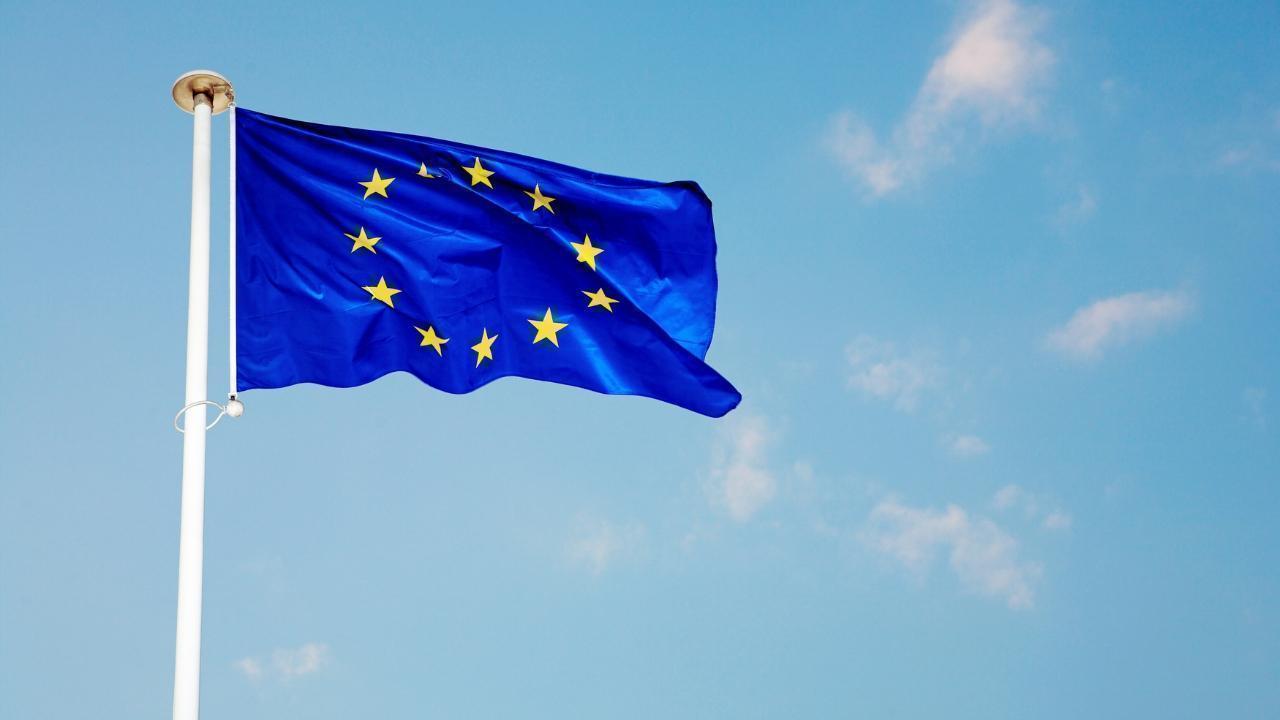You have not yet added any article to your bookmarks!

Join 10k+ people to get notified about new posts, news and tips.
Do not worry we don't spam!

Post by : Anis Farhan
In a move that deepens geopolitical and economic ties across continents, Malaysia and the European Union officially launched the EU-Malaysia Strategic Tech Partnership in June 2025. The agreement, signed during the EU-ASEAN Digital Dialogue in Brussels, marks a significant milestone in Southeast Asia–EU relations, focusing on semiconductors, cybersecurity, AI regulation, and cross-border data standards.
The initiative is more than a trade agreement—it reflects a shared strategic intent: to build resilient, open, and sovereign digital ecosystems at a time when global tech infrastructure is increasingly caught between rival power blocs.
The partnership positions Malaysia not just as a production hub, but as a policy ally in the EU’s quest to establish democratic norms in global tech governance.
The Strategic Tech Partnership outlines four pillars of cooperation:
Semiconductor Supply Chain Resilience
Malaysia, already a top-five global semiconductor back-end manufacturing base, will co-develop chip testing and packaging facilities with EU-based firms. Pilot projects are expected to begin in Penang and Kulim, with an eye toward building dual sourcing capabilities independent of China-centric supply chains.
Cybersecurity Capacity Building
The EU will support Malaysia in establishing a national Cyber Defence Academy to train public and private sector professionals. Technical assistance will also be provided in the form of digital forensics, malware sandboxing, and SOC (Security Operations Centre) frameworks.
AI Governance and Ethical Standards
Both parties have agreed to align Malaysia’s upcoming AI Governance Bill with the EU AI Act, promoting interoperability in algorithmic auditing, biometric safeguards, and high-risk AI classification.
Cross-Border Data Governance
A framework for mutual data recognition will enable smoother e-commerce and digital services exchange between EU and Malaysian markets. This involves adapting parts of the EU’s General Data Protection Regulation (GDPR) principles within Malaysia’s Personal Data Protection Act (PDPA) framework.
This partnership arrives at a time when nations are rethinking digital dependencies. With the US and China leading separate tech ecosystems, the EU’s approach seeks alignment with like-minded democracies that prioritize open internet architecture, rights-based digital policy, and ethical AI. Malaysia, with its growing tech exports and active regional diplomacy, is an ideal partner.
For Kuala Lumpur, this is a strategic leap. The partnership enhances its credibility as a neutral tech corridor between East and West. It also bolsters domestic ambitions under the Malaysia Digital Economy Blueprint (MyDIGITAL), which aims to increase the digital economy’s contribution to GDP from 22.6% (2022) to 30% by 2030.
Economically, the pact is set to unlock over €2.1 billion in bilateral tech investments over the next five years. Malaysia’s small- and medium-sized enterprises (SMEs) in digital services, IoT, and medtech stand to gain preferential access to EU procurement programs, while European firms will be granted tax incentives for green data centers and R&D labs within Malaysia’s digital free zones.
There is also a people-to-people dimension: a new Tech Talent Exchange Scheme will allow Malaysian engineers, cybersecurity specialists, and AI researchers to undertake residencies in the EU for up to 18 months, with reciprocal opportunities in Malaysia for European digital experts.
Despite the optimism, several hurdles remain. Malaysia’s data protection laws still lack extraterritorial enforcement mechanisms, a key condition for full GDPR alignment. The government has pledged to amend the PDPA by mid-2026, but civil liberties groups warn against bypassing public scrutiny in the legislative rush.
There’s also the issue of infrastructure parity. While Malaysia’s tech hubs are advanced, many rural districts lack adequate connectivity. For the partnership to succeed inclusively, both sides will need to prioritize digital infrastructure in underdeveloped regions, ensuring that digital sovereignty does not become an elite pursuit.
The EU-Malaysia Strategic Tech Partnership could become a template for responsible digital diplomacy. It reflects a growing global recognition that Southeast Asia is not just a battleground for tech influence—but a potential laboratory for ethical innovation.
As AI, chips, and data flows define the next phase of geopolitics, alliances like these may shape the rules of tomorrow’s digital world. In the long term, the partnership is less about infrastructure and more about shared values: trust, transparency, and technological self-determination.
This article is intended for informational purposes only and does not constitute investment, legal, or cybersecurity advice. Readers should refer to official bilateral policy documents and regulatory releases for technical updates.










Minimarkets May Supply Red and White Village Cooperatives
Indonesia’s trade minister says partnerships with minimarkets and distributors can strengthen villag

South Africa vs West Indies Clash Heats Up T20 World Cup 2026
Unbeaten South Africa and West Indies meet in a high-stakes Super 8 match at Ahmedabad, with semi-fi

Thai AirAsia Targets Growth Through China & Long-Haul Routes
Thai AirAsia aims 6-9% revenue growth in 2026 expanding domestic flights and new international route

India Ends Silent Observer Role Emerges Key Player in West Asia
From passive energy buyer to strategic partner India’s diplomacy in West Asia now commands trust inf

Indian Students Stuck In Iran Amid US-Iran Tensions And Exam Worries
Rising US-Iran tensions leave Indian students stranded, fearing missed exams could delay graduation

India Says J&K Budget Exceeds Pakistan’s IMF Bailout
India slammed Pakistan at UNHRC, stating J&K’s development budget exceeds Pakistan’s IMF bailout and